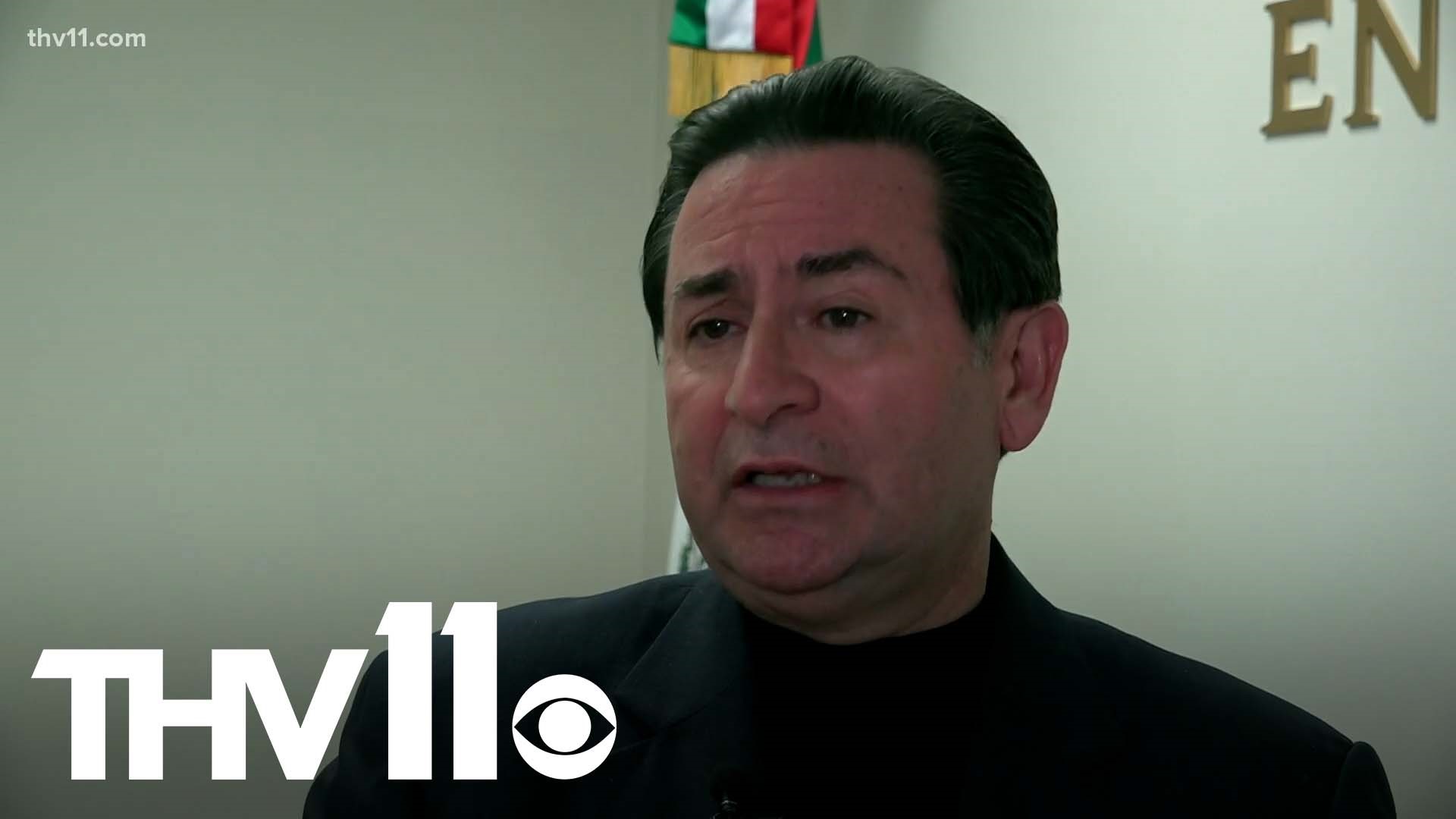ARKANSAS, USA — When an unknown caller calls your phone, you decide at that moment whether or not to answer— and now the FBI has been on the lookout for a specific kind of unknown caller.
“Schemes that trick victims over the phone into paying a ransom to "free a loved one" that they believe has been kidnapped, when in fact, no kidnapping has occurred, there's been no harm done to the individual,” said Connor Hagan with FBI Little Rock.
Hagan explained that these scams have been targeting a specific group of people: those who primarily speak Spanish.
“It targets people who are uncomfortable coming forward to law enforcement, it preys upon their fear,” said Hagan. “I mean, they use you know, sounds of torture in the background of these calls to make it seem like their loved one is truly under duress.”
These kidnapping scams are being reported all across the country, mostly in Texas and New Mexico.
“From 2013 to 2015, we saw accounts spread to Chicago and some other places. Now, it is very common throughout the United States,” said Hagan.
A few months ago, Spanish-speaking leaders in Little Rock brought up concerns to the FBI about the possibility of this happening in the Natural State.
“We had a productive discussion where they basically said, hey, we don't think that people are going to be reporting certain crimes to you. We don't believe that there's trust in law enforcement,” said Hagan.
Although they haven't heard of this happening specifically in Little Rock, Consol Carlos Giralt shared that it's important to know what to do if you were to receive a kidnapping call.
“First try to directly contact the person, check that your family or relative friend is doing okay,” said Giralt. “Contact us at the consulate to require or request our legal advice, we will, and we will be happy to offer that kind of assistance to the Mexican community. That's part of our job.”
The FBI explained that coming forward helps them track down those behind this, to prevent these scams from spreading.
“If you're concerned about calling the FBI, because of your immigration status, you shouldn't be we're here to assist you. You are living in Arkansas, that puts you firmly within our area of operations,” said Hagan.
To avoid becoming a victim of this scheme, the FBI said it's important to be aware of these warning signs:
- Calls are usually made from an international phone number or display an out-of-state area code.
- Scammers may call multiple times in an effort to speak with their targeted victims.
- Scammers will go to great lengths to keep you on the phone.
- Virtual kidnappers play recorded screams in the background to make the call sound more realistic.
- Criminals will try to prevent you from calling or locating the “kidnapped” victim.
- Ransom money is only accepted via wire transfer service.
To counter the scam, the FBI recommends the following advice:
- Stay calm and avoid sharing information about you or your family during the call.
- Request to speak to the victim directly; ask for “proof of life.”
- Listen carefully to the voice of the kidnapped victim and ask questions only the victim would know.
- Request the kidnapped victim call back from their personal cell phone.
- Attempt to contact the victim via their legitimate social media accounts.
- Don’t agree to pay a ransom and never give out any financial information.

